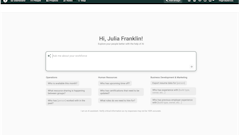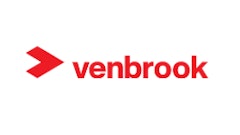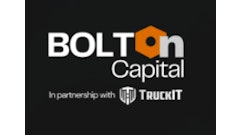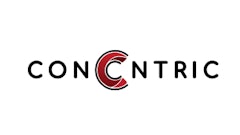Thankfully, 2009 is behind us. And hopefully, you have been able to take advantage of the tax benefits available to you, and produced some cash flow in the process. If you haven't, you still have time to review the 2009 results to see if there are opportunities there you may have missed.
As I'm writing this, we have yet to hear if the tax incentives will again be extended into 2010. If they are, Equipment Today will make you aware of what they are and how to use them via its blog (www.ForConstructionPros.com/interactive), an article or a webcast.
But even though 2009 is behind us, there are still a few matters related to the past year that you need to contend with.
Conduct audits ASAP
Get your insurance policy audits completed as soon as possible, because you probably have refunds coming. While you're doing this, check your sales and payroll estimates for 2010 insurance purposes and see if they need adjusting. There is no sense paying premiums you don't need to.
Your annual audit (or whatever level of reporting you do) needs to get finished up sooner rather than later. It will differ from past years, because this year your industry has a bullseye on it. From an audit and risk assessment standpoint, auditors put all construction-related industries into the same risk pool, meaning they plan to do more work on these types of audits to reduce their risk going forward.
Bank issues need to get resolved before the auditors can complete their work. If you need a covenant violation waiver, it may take some time to get this negotiated and agreed upon.
Getting this work done sooner rather than later gives you the opportunity and time to work through issues with the auditors and still meet your filing deadlines. It also allows you to file for tax refunds sooner.
The auditors will spend more time this year on:
- the accounts receivables;
- questioning the value of inventory and work-in-process;
- looking very closely at your bank arrangements and contracts;
- and asking how they can determine if the company will still be in existence in December of 2010.
As I mentioned, it's a strange year.
Bank covenant waivers
Bank covenant waivers require some discussion. In past years, they were somewhat easy to get. That landscape has changed, as you would expect, requiring more negotiation on your part.
This involves deciding what type of covenant violation you have and what you can do to correct it. Some can be fixed easily. Others cannot, requiring the lending institution to change the covenant language and parameters if they care to do so.
Bank covenants cover income statement issues, balance sheet issues and general issues.
Income statement violations can refer to:- expenses incurred in excess of a covenant-stated amount;
- salaries or owner distributions in excess of covenant limitations;
- EBITDA requirements;
- or other such stated limitations.
Because they are period related, income statement issues can usually be remedied by asking for the waiver. As long as operating results have not been jeopardized because of the violations, you will normally be able to work out the waiver with the bank. However, if spending caused problems for the company and affected its ability to repay the bank, the bank may ask the owner to contribute the excess expense back to the company.
An EBITDA issue is more serious, since this calculation somewhat determines if the company can fund the bank's interest and principal payments. Balance sheet covenant violations are much tougher to fix. They normally deal with balance sheet leverage ratios that can require material amounts of cash or other funding changes to put you back into compliance.
Getting a waiver for the current year really doesn't mean much, since you are out of compliance on the first day of the New Year unless a new workable agreement has been reached between the company and the bank. In these cases, you really need the waiver for both the current year end and the following year. This will allow the auditor to avoid reclassifying your bank debt to 100% current status or issuing a "going concern" opinion, which questions your ability to stay in business for the following year.
Ensure you're in compliance
In addition to the financial aspects of both the income statement and balance sheet covenant requirements, you also have the GAAP (generally accepted accounting principles) requirements and quarterly reporting schedule.
With all of the recent changes in GAAP, there is a risk of reporting on a non-GAAP basis if you report on a quarterly schedule. Consequently, it's important to ensure compliance for each quarter you report, or you may find yourself out of compliance because you only book the GAAP changes at year end.
Banks now have more compliance issues to contend with, which means you do, as well. Help them and yourself out by getting your house in order and meeting your timing and covenant requirements. First order of business is to review the bank loan docs and covenant requirements. If you are out of compliance, ask for the waiver and negotiate to a conclusion before you have an issue with your auditor.
By the way, elections are coming up in 2010. Do your homework and vote for people who will listen to you.




















